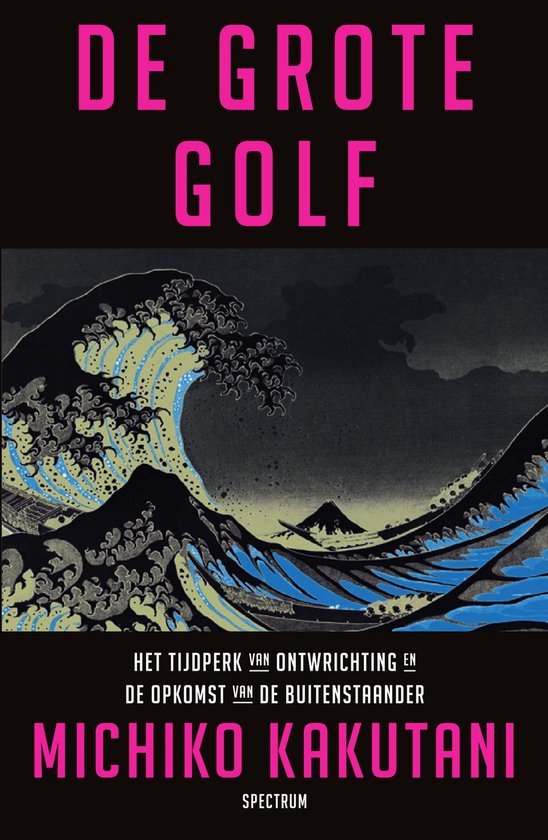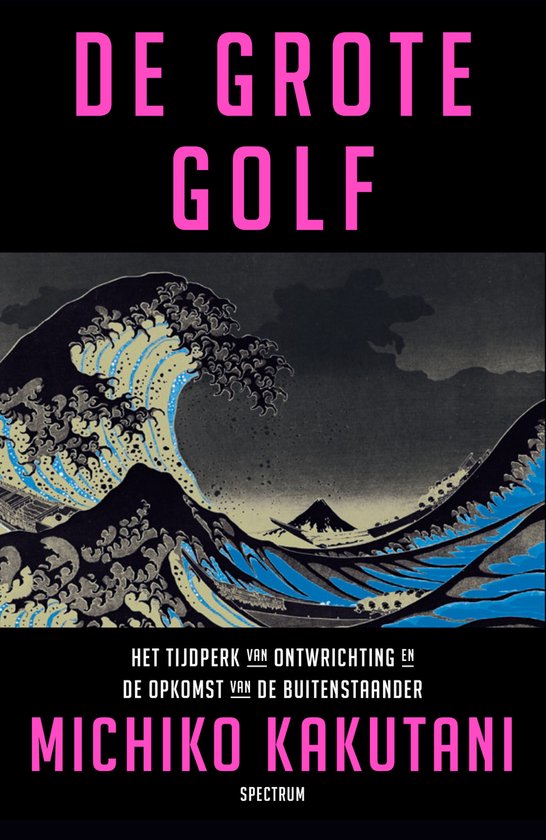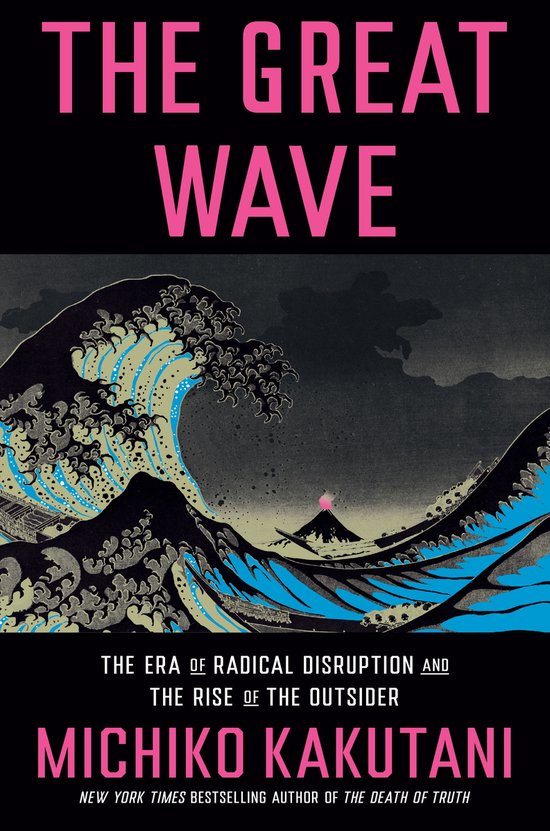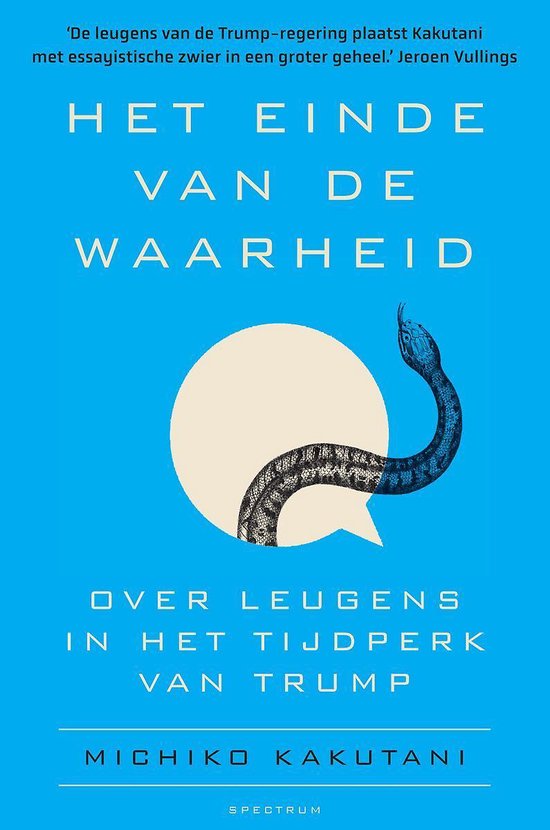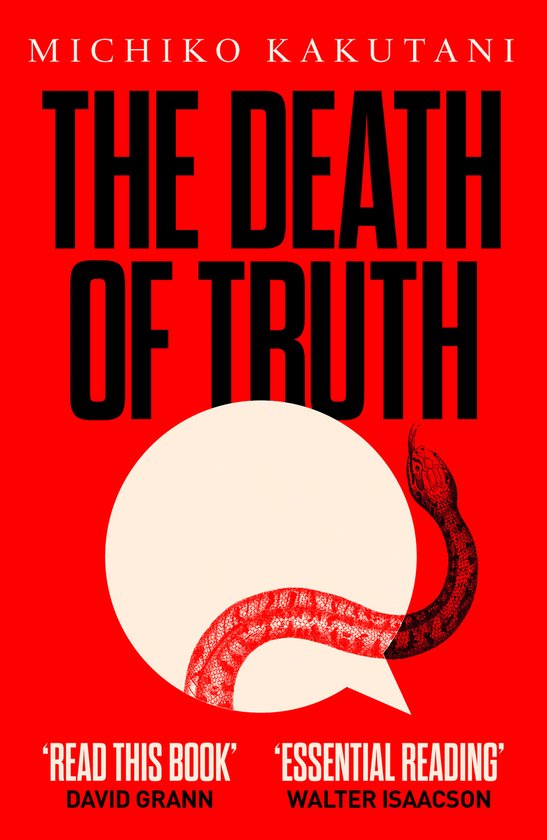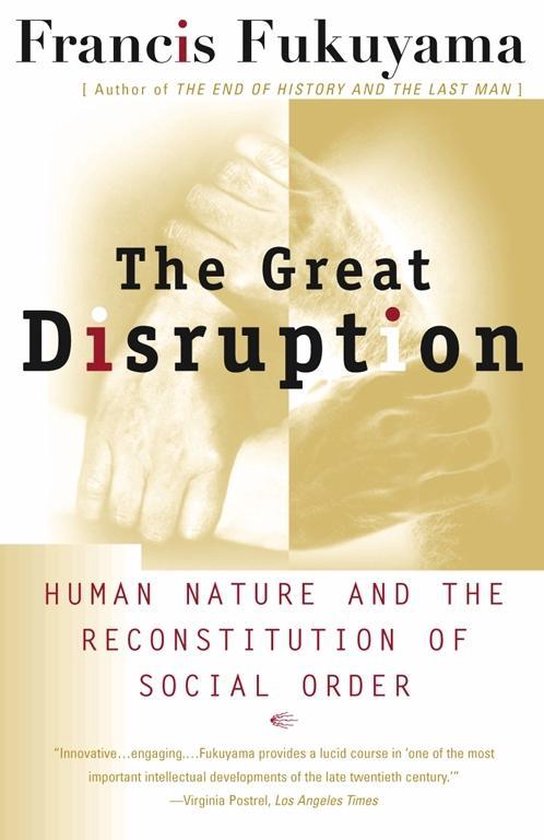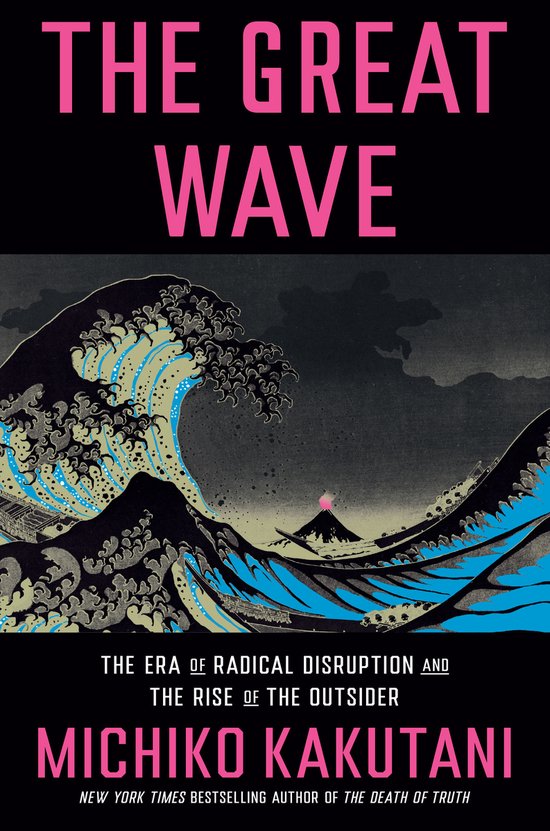
The Great Wave
An urgent examination of how disruptive politics, technology, and art are capsizing old assumptions in a great wave of change breaking over todays world, creating both opportunity and perilfrom the Pulitzer Prizewinning critic and author of the New York Times bestseller The Death of Truth.
The twenty-first century is experiencing a watershed moment defined by chaos and uncertainty, as one emergency cascades into another, underscoring the larger dynamics of change that are fueling instability across the world.
Since the global financial crisis of 2008, people have increasingly lost trust in institutions and elites, while seizing upon new digital tools to sidestep traditional gatekeepers. As a result, powerful new voices - once regarded as radical, unorthodox or marginal - are disrupting the status quo in politics, business and culture. Meanwhile, social and economic inequalities are stoking populist rage across the world, toxic partisanship is undermining democratic ideals, and the internet and AI have become high-speed vectors for the spread of misinformation.
Writing with a critics understanding of cultural trends and a journalists eye for historical detail, Michiko Kakutani looks at the consequences of these new asymmetries of power. She maps the migration of ideas from the margins to the mainstream and explores the growing influence of outsiders - those who have sown anger and fear (like Donald Trump), and those who have provided inspirational leadership (like Ukraines president Volodymyr Zelensky). At the same time, she situates todays multiplying crises in context with those that defined earlier hinge moments in history, from the waning of the Middle Ages, to the transition between the Gilded Age and Progressive era at the end of the nineteenth century.
Kakutani argues that today's crises are not only signs of an interconnected globes profound vulnerabilities, but stress tests pointing to the essential changes needed to survive this tumultuous era and build a more sustainable future.
The twenty-first century is experiencing a watershed moment defined by chaos and uncertainty, as one emergency cascades into another, underscoring the larger dynamics of change that are fueling instability across the world.
Since the global financial crisis of 2008, people have increasingly lost trust in institutions and elites, while seizing upon new digital tools to sidestep traditional gatekeepers. As a result, powerful new voices - once regarded as radical, unorthodox or marginal - are disrupting the status quo in politics, business and culture. Meanwhile, social and economic inequalities are stoking populist rage across the world, toxic partisanship is undermining democratic ideals, and the internet and AI have become high-speed vectors for the spread of misinformation.
Writing with a critics understanding of cultural trends and a journalists eye for historical detail, Michiko Kakutani looks at the consequences of these new asymmetries of power. She maps the migration of ideas from the margins to the mainstream and explores the growing influence of outsiders - those who have sown anger and fear (like Donald Trump), and those who have provided inspirational leadership (like Ukraines president Volodymyr Zelensky). At the same time, she situates todays multiplying crises in context with those that defined earlier hinge moments in history, from the waning of the Middle Ages, to the transition between the Gilded Age and Progressive era at the end of the nineteenth century.
Kakutani argues that today's crises are not only signs of an interconnected globes profound vulnerabilities, but stress tests pointing to the essential changes needed to survive this tumultuous era and build a more sustainable future.
| Auteur | | Michiko Kakutani |
| Taal | | Engels |
| Type | | Hardcover |
| Categorie | | Mens & Maatschappij |
